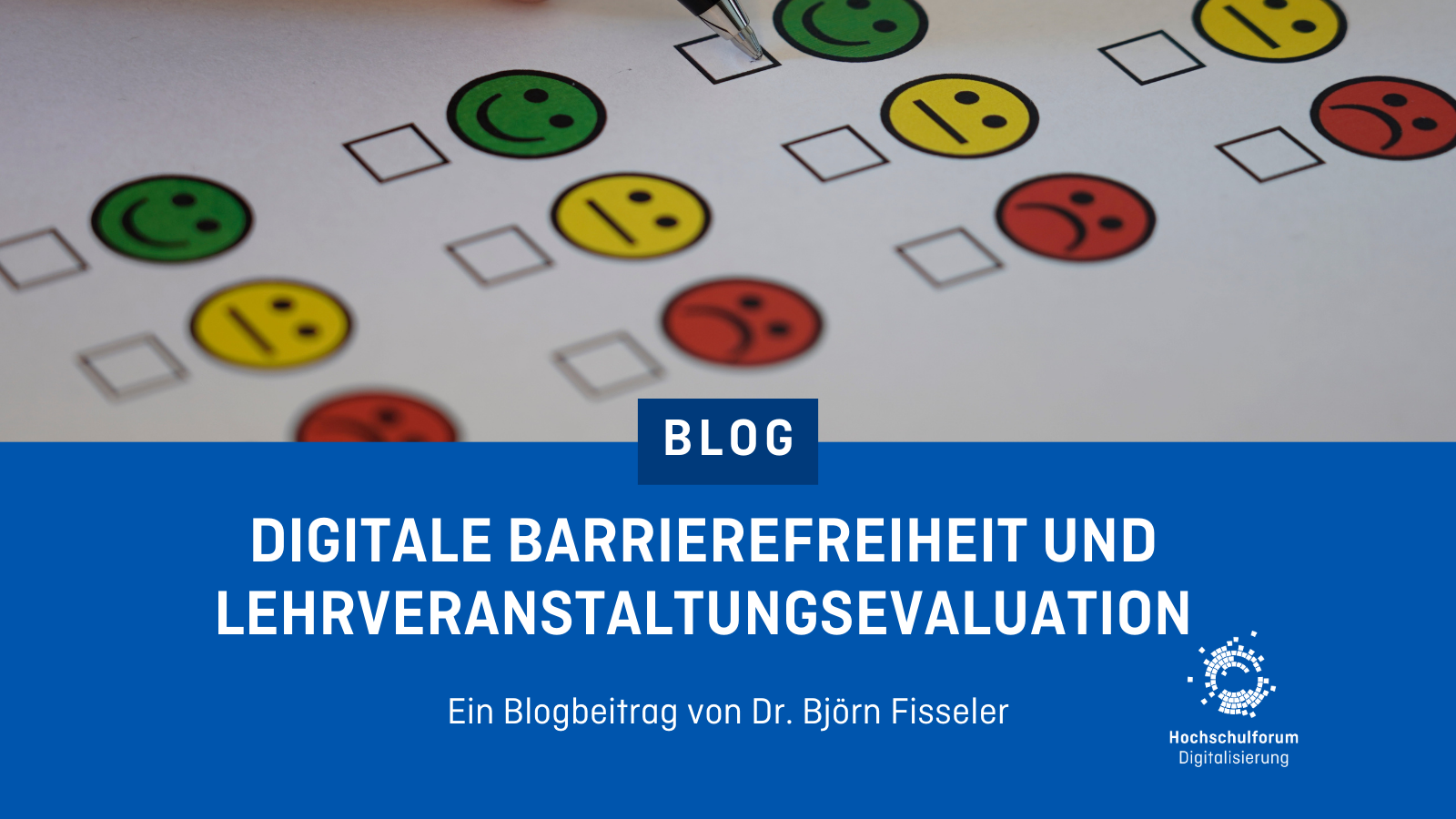Behind the Screens – With Christien Bok
Behind the Screens – With Christien Bok
31.10.24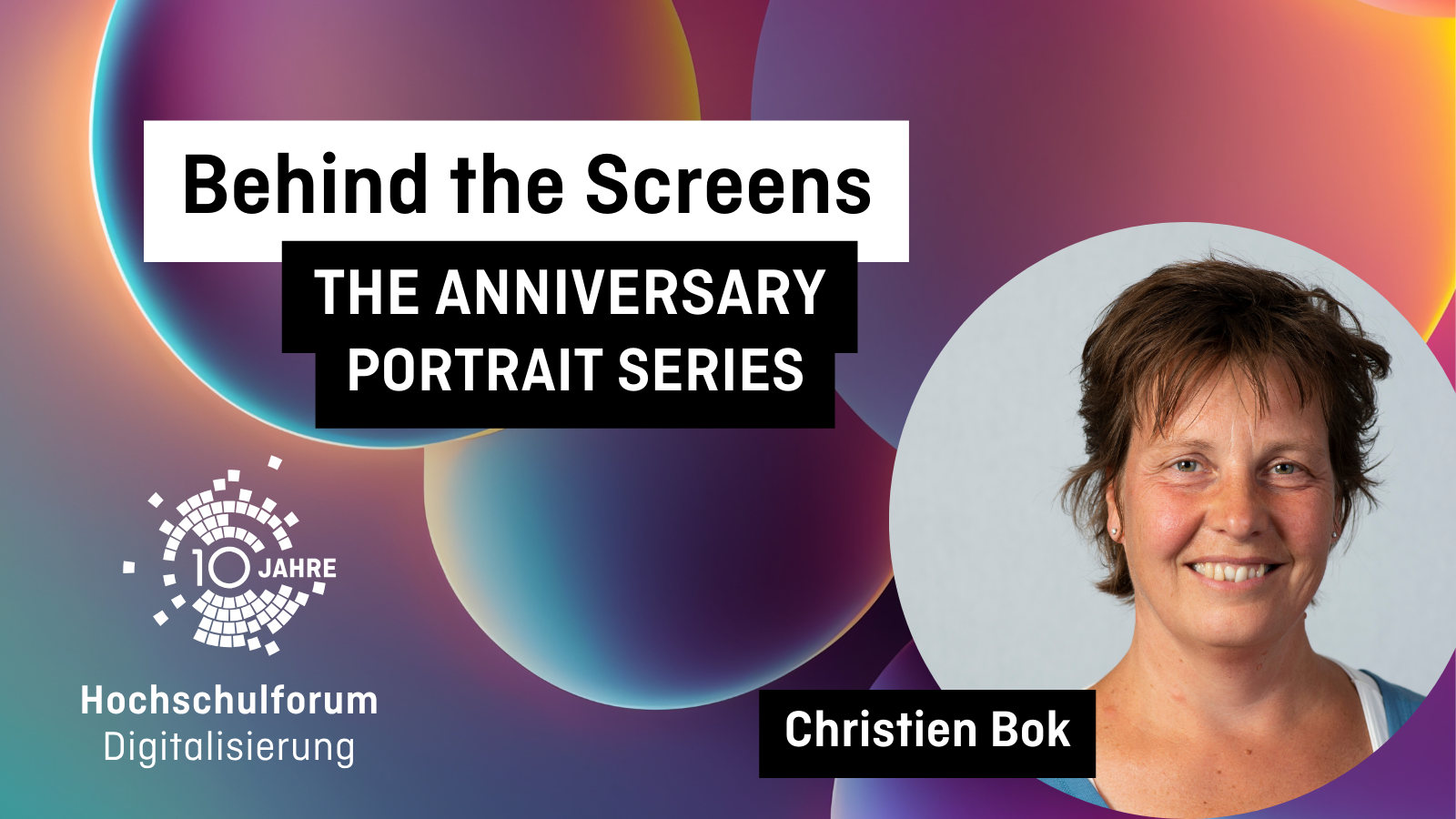
The Hochschulforum Digitalisierung thrives on lively encounters, fresh ideas and people who get hands-on. Without the community, the HFD would be unthinkable. Celebrating 10 years of HFD therefore means, above all, celebrating 10 years of community involvement! That’s why, in this series of portraits, we are introducing members of the community who have helped shape 10 years of HFD history. We are curious: What is their individual contribution to the digital transformation at universities? What special insights do they draw from their work? What motivates them?
This article is about Christien Bok. She is an innovation manager in the education sector at SURF, a collaborative organisation for IT in the Dutch education and research sector. She is an advocate of preserving public value in this area by ensuring that IT innovations improve student success and the quality of education.
When did you first come in contact with the HFD? How did this come about?
My colleague Janina van Hees, who is from Germany, was asked to participate in a review panel of the HFD. That is why she suggested that I get in touch with Oliver Janoschka. Right from the start that was a very fruitful contact. When you think about it, innovation in education on a more abstract level is quite a rare job, so it is real pleasure to have someone to talk to. Especially as Oliver and I seem to think alike. Not so long ago, my colleague Iris Huis in ’t Veld met Oliver, and she said: I’ve met the male version of Christien!
Your current digitalization/AI project: What are you currently working on and which topic in the field of digitalization/AI in higher education are you particularly interested in at the moment?
My interests all have one thing in common: the need for collaboration. This is for two reasons:
Firstly, digitalisation can add a lot to the sector. It can offer new opportunities to improve the quality of education and to organise the administrative and logistical processes of education, allowing room for flexibilisation. But the complexity of IT, the interdependence of components and the rapid pace of new developments are too great for any single institution to cope with. Collaboration on a national and international level is key to really benefit from all the opportunities that digitalisation brings with it in a responsible manner.
This leads me to the second reason. The digital world has a lot to offer, but is entirely commercial. The autonomy of public education is under pressure because of the increasing influence of commercial technology companies for whom the sector is a revenue model.
And there is a very important reason why education should be a public matter. Public education provides an independent, accessible and inclusive education, a safe learning environment where students can flourish and where the human dimension is prioritised. Commercial vendors are not only keen on providing single applications, but also infrastructure: the set of standards, agreements, facilities and digital services that higher education institutions (HEI) need for the digitisation of education. In order to (re)gain digital sovereignty, the educational sector should be able to set its own conditions for the infrastructure for education. For example, open standards and open systems contribute to freedom of choice for users, providers and suppliers. That would lead to a more balanced relationship between commercial vendors and public HEI. For this to be achieved, national and international collaboration is key.
Given all this, my lines of inquiry and action at the moment centre around data, artificial intelligence (AI), extended reality (XR), procurement strategies and building synergies:
As the digitalisation of education increases, so does the amount of data. What promises do we want to make to our students and teachers when it comes to data? And what do we need to organise to deliver on that promise? What should a data infrastructure look like that safeguards our public values?
Related to these issues are questions concerning AI. Which provisions are needed to use AI responsibly in education? From an individual standpoint, what would you want to use AI for, and where not at all? And asked collectively, how can we address the education sector not only as consumers, but also as prosumers when it comes to AI? Can the sector play a role in the development of AI?
Another aspect related to data is the use of XR. Apart from the question of how XR can add to the quality of education, there is also the question of how to use XR responsibly. Can we collaborate on libraries for XR in education and become less dependent on expensive suppliers? Can we create and sustain an infrastructure that protects the data of our students and teachers?
Thinking about procurement for digitalisation, we must also ask how we can collaborate more effectively with edtech suppliers, especially start-ups and scale-ups? How can we better match supply and demand, and allow promising initiatives to mature while keeping public values in mind? How can we do that without distorting the market?
I am convinced that we are working on the same issues in many places around the world, and share similar goals for our education. Especially in Europe, where education systems are fairly similar across member states, we could make so much more progress thanks to international cooperation. How can we organise fruitful cooperation in a fragmented landscape that holds so much potential?
And finally, what has been on my mind with regard to all possible IT solutions for education is: How we can be as sustainable as possible in their development?
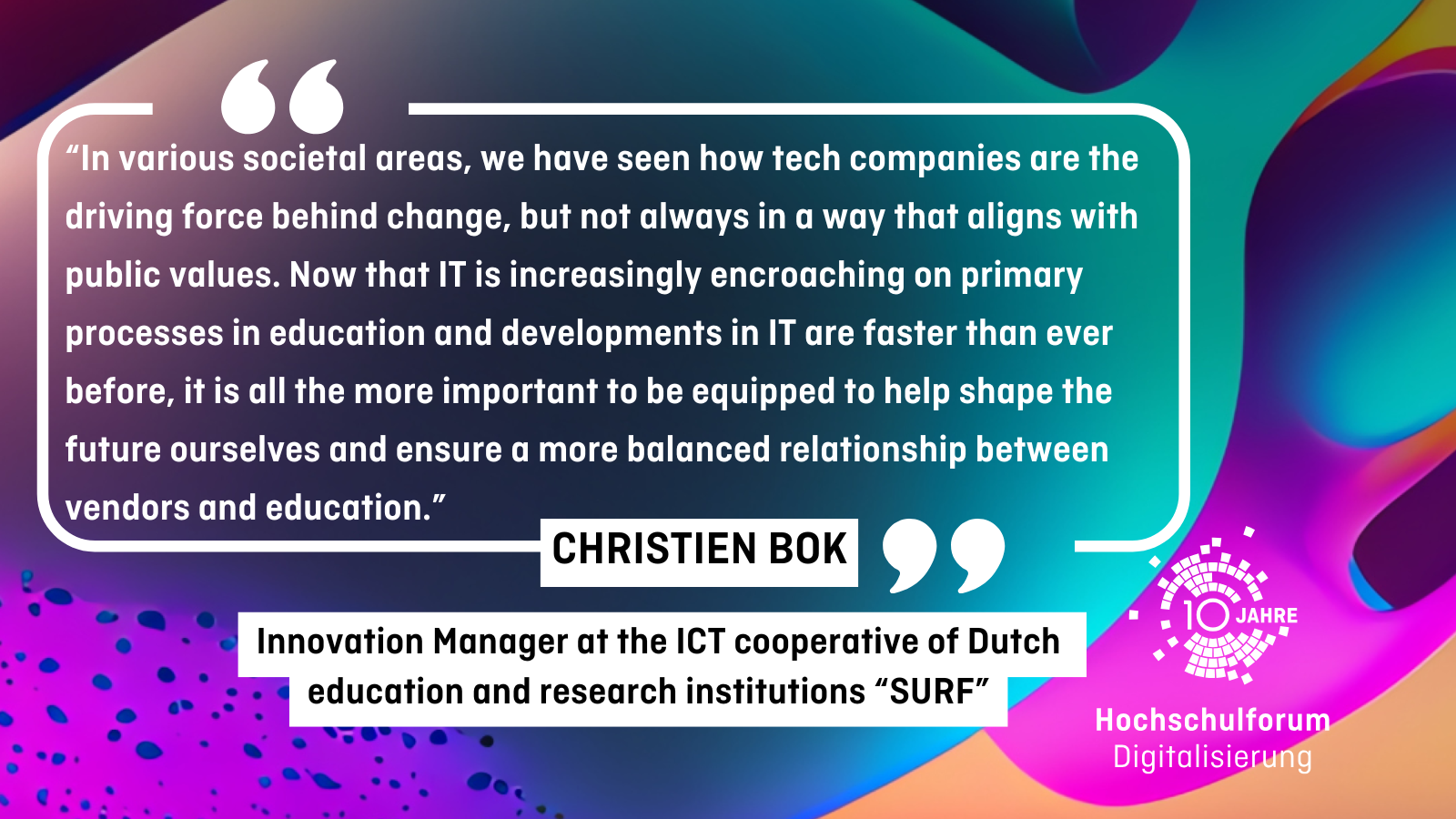
Why do you think the HFD is needed? What added value do you see for your work, for the universities, for the higher education system? What are you still missing?
It is so important to have a place where experts from different educational institutions can come together to reflect on difficult issues related to the digitalisation of education, to learn together and empower each other. Especially in light of the increasing complexity of IT, such reflection is needed in order to make responsible and informed decisions. The HFD brings together experts not only from different institutions, but also with different expertise and backgrounds to explore what good decisions are and how we bring them about. The HFD recognizes the potential of digitalization, but maintains a critical perspective. The team is committed and knowledgeable and enthusiastically drives innovation and shared growth. I appreciate the HFD’s special focus on international collaboration to further increase the potential of the community.
The motto of our anniversary year is: “Shaping tomorrow’s university today”. What does “shaping higher education” mean to you, and what are the prerequisites for this?
I think it is extremely important that change in education is not imposed on the sector, but driven by the ambitions of the sector itself. In various societal areas, we have seen how tech companies are the driving force behind change, but not always in a way that aligns with public values. Now that IT is increasingly encroaching on primary processes in education and developments in IT are faster than ever before, it is all the more important to be equipped to help shape the future ourselves and ensure a more balanced relationship between vendors and education. And this is really too complex for each institution individually, in Germany, in the Netherlands, and in Europe. To achieve this, officials for whom IT might not be their primary expertise must be enabled to develop a vision of a future in which education uses the possibilities of IT, without giving up on its own special features, like its humanity and equity, and without losing its autonomy. The HFD has a very important role to play in equipping the different stakeholders necessary for this and in creating the conditions to realise this vision.
Was there a personal highlight of your collaboration with the HFD?
Finding a colleague and friend in Oliver Janoschka and to share our ambitions, our dreams, our hurdles and our doubts and to be inspired, and welcomed as a friend of the HFD overall.
What goals have you set yourself for the future? What do you think will be particularly relevant for universities in the next ten years?
My aim is to gain a deeper insight into the challenges we face now, and to investigate how we can make a real difference through collaboration, both nationally and internationally. I see international cooperation only becoming more important in the next ten years, and I want to help facilitate fruitful European and global cooperation.
In its anniversary year, the HFD is working with slogans (State of the Arts?, Out of the Box?, Win-win?, Fast forward?, Heads up?, No Brainer). Which one do you find particularly appropriate in the context of digitalization at universities and why?
I choose win-win. The cooperation and exchange that the HFD organises in Germany and with other countries creates a win-win situation for all participants. Thanks to the HFD, growth takes place, the growth of people, groups, institutions and collaboration. The reflection that the HFD encourages and the practical tools it provides ensure an acceleration of innovation and innovation at a higher level. I also directly benefit from the collaboration with the HFD and our ideas are enriched by the ideas of the HFD. Together we can achieve more.

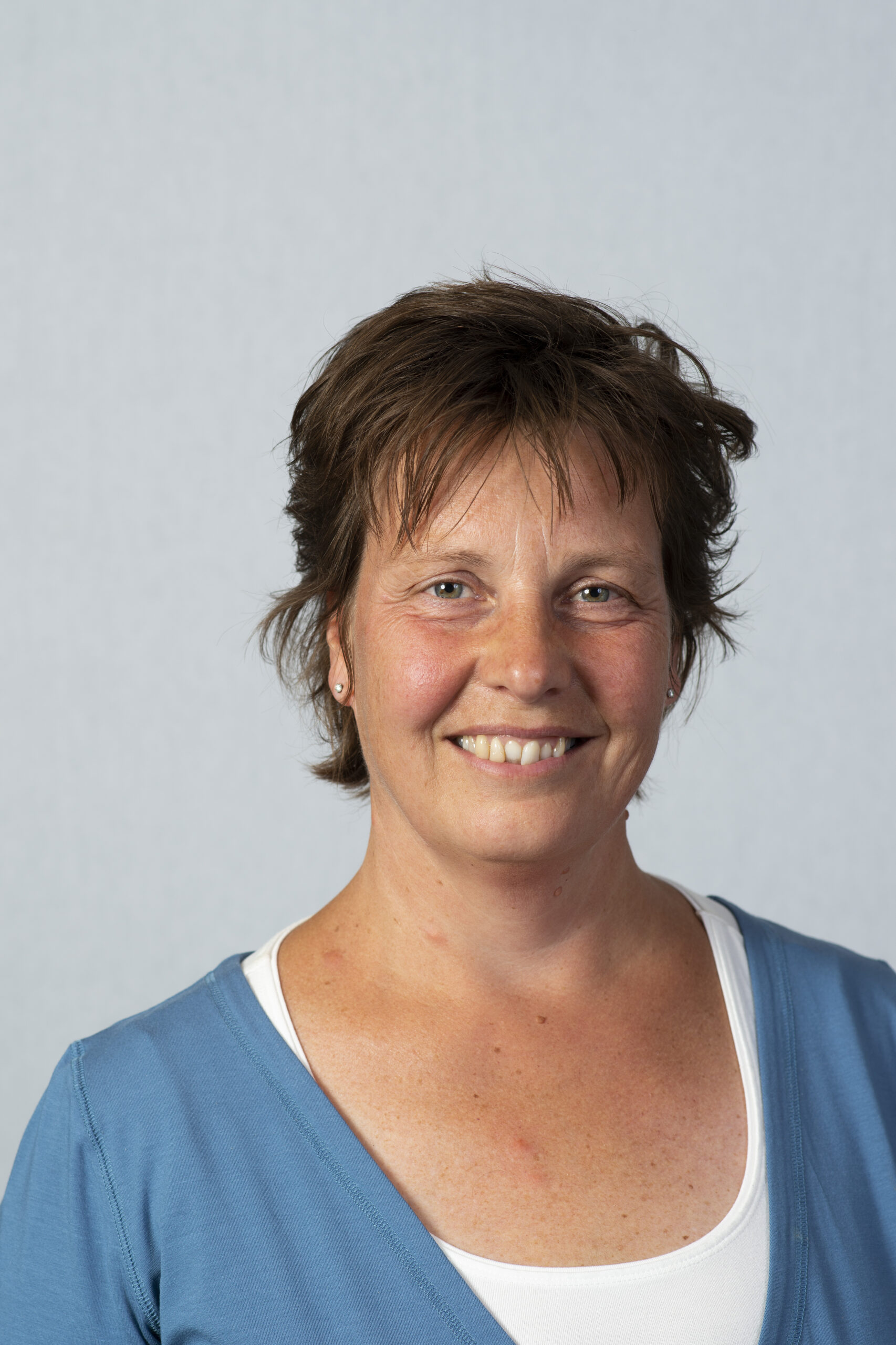

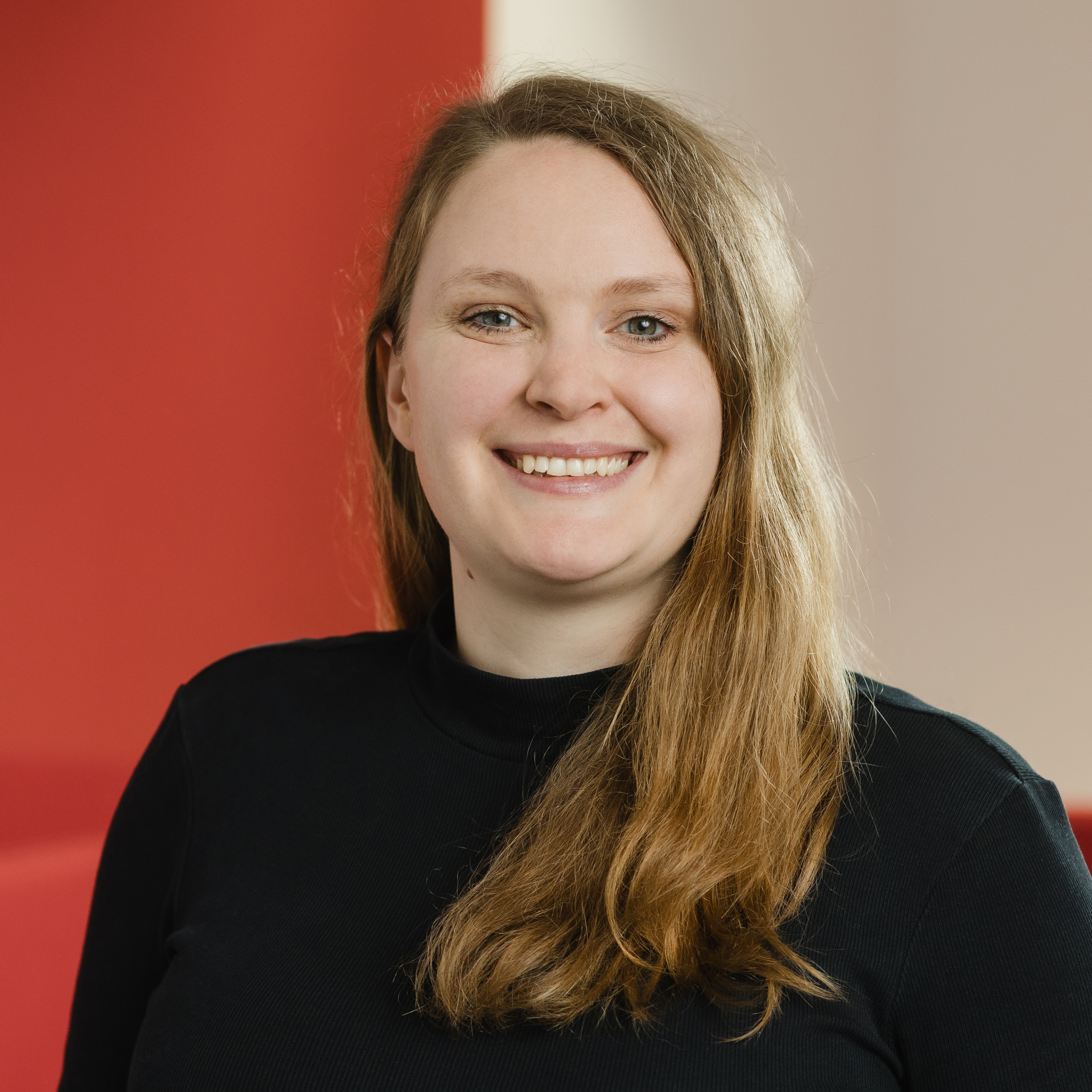 Theresa Sommer
Theresa Sommer 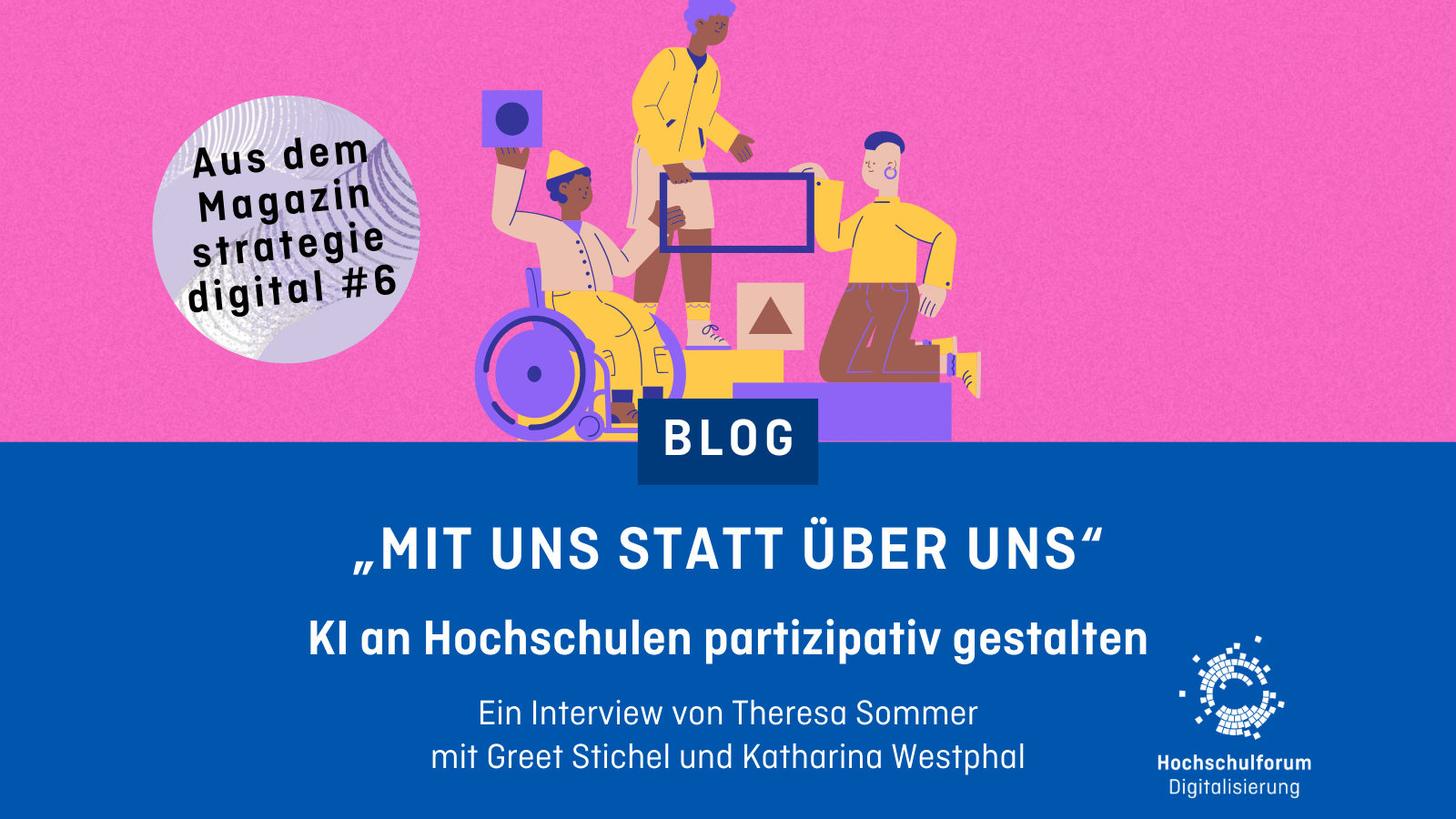
 Inga Gostmann
Inga Gostmann 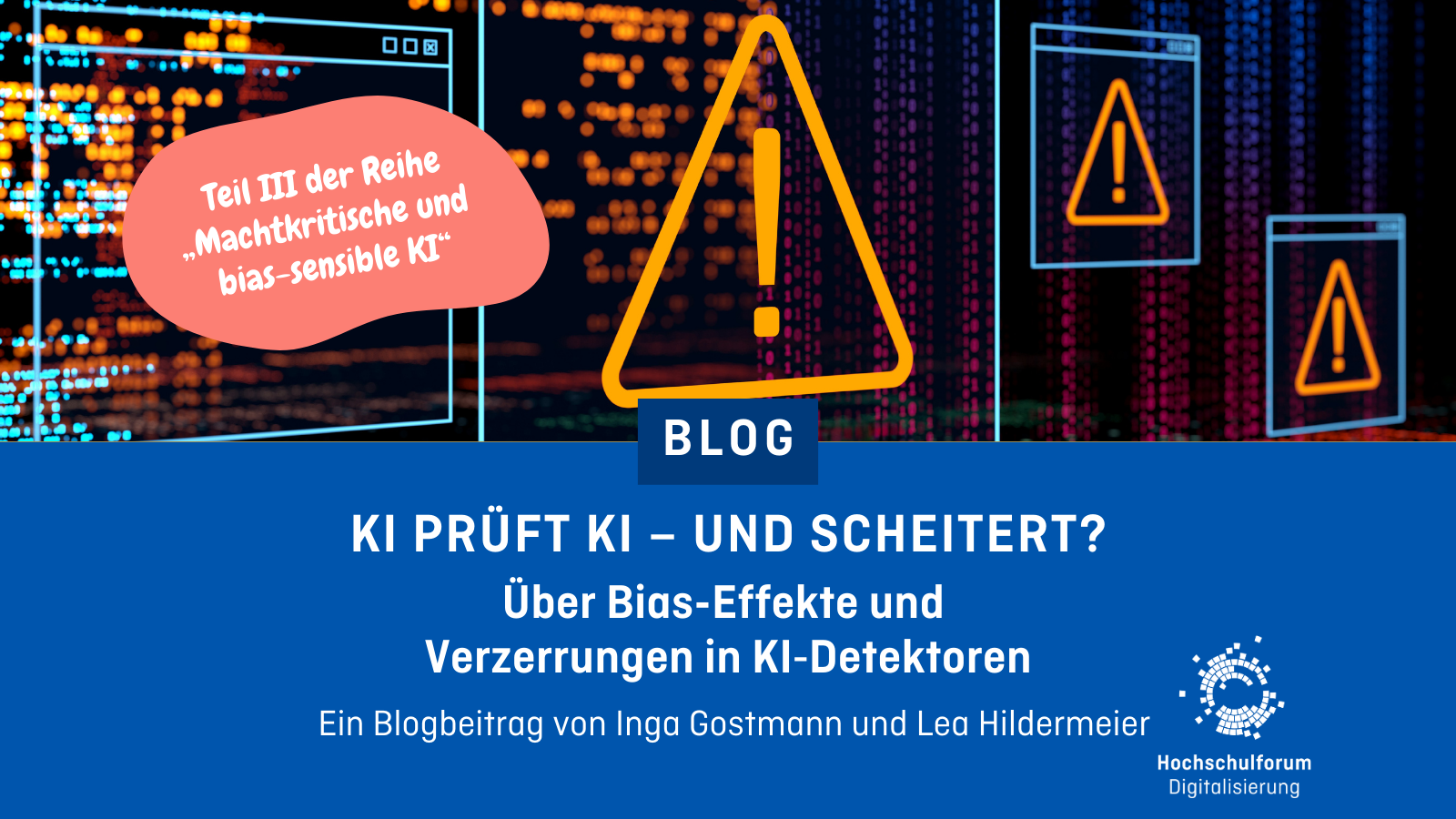
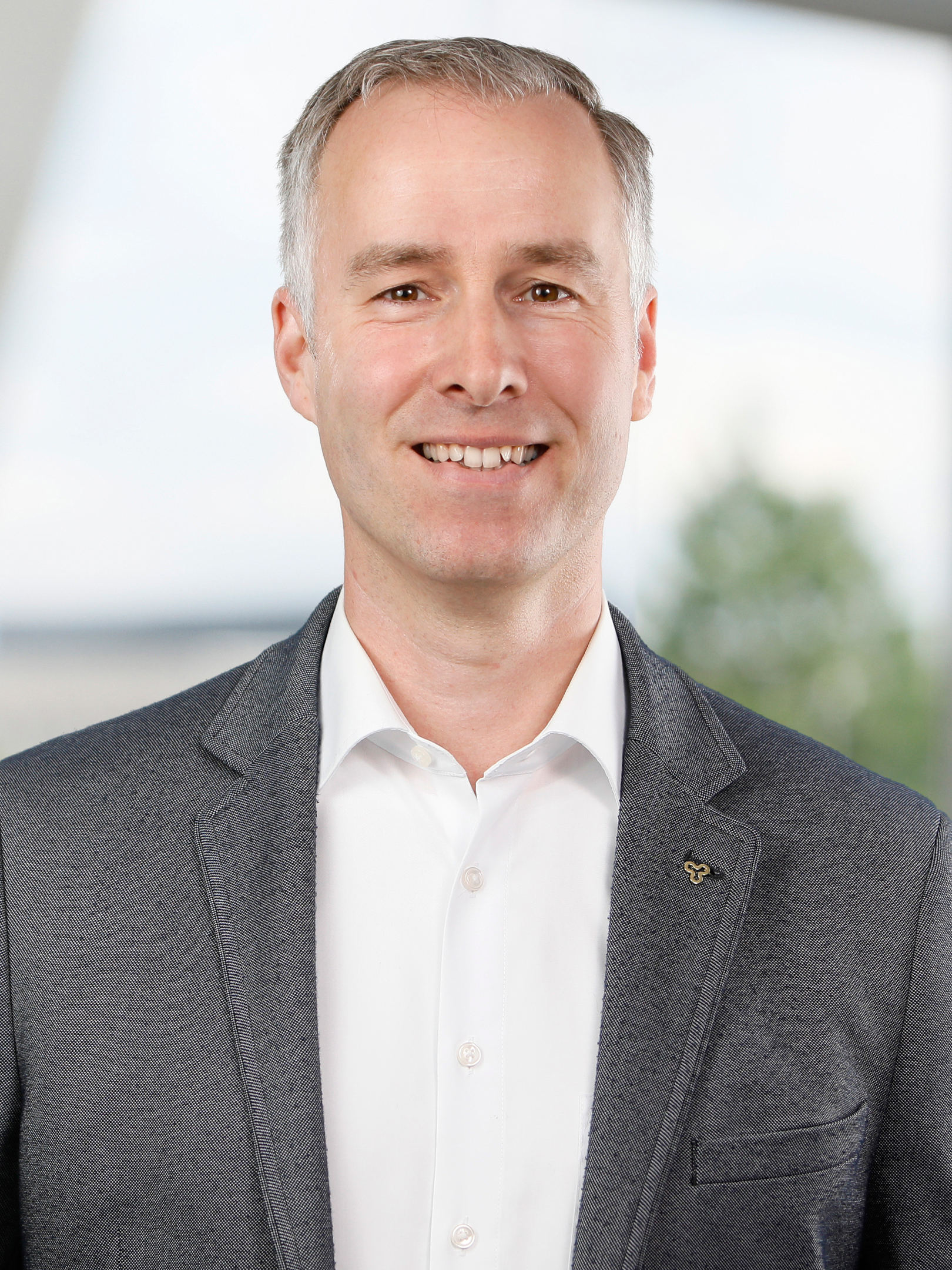 Dr. Björn Fisseler
Dr. Björn Fisseler 